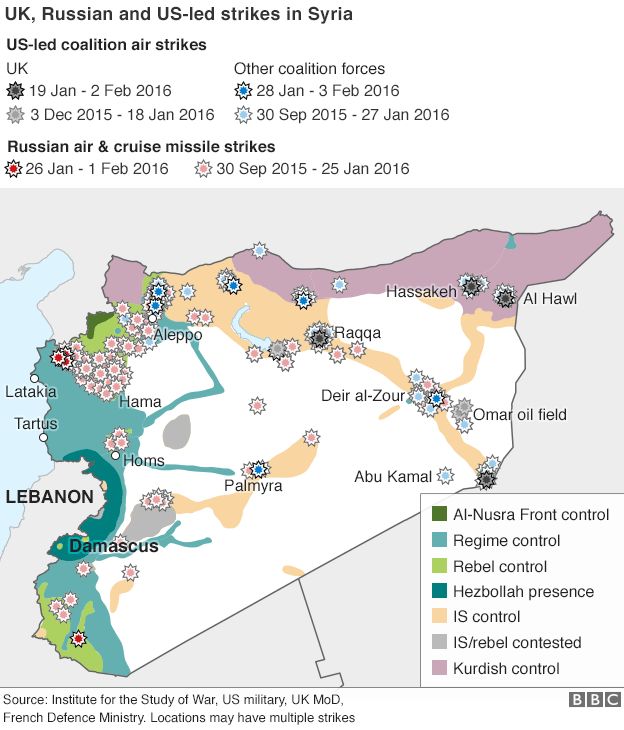Schmelzer
Valued Senior Member
The parts of Aleppo which are under control of "rebels" are mainly under Al Nusra control. Why should Assad start infighting with Al Nusra in a large city, which would certainly give only negative Western press about his hitting poor civilians, hundreds of hospitals and nice opposition? Because of some proposal for a ceasefire which explicitly excludes Al Nusra?
I think this is a nice game of Lawrow. Assad is ready to make a ceasefire with everybody who is not affiliated with Al Nusra, to be shown by explicitly distancing themself from Al Nusra. Nobody except a few FSA parts which play no role on the ground agrees to this, and Western diplomacy has failed yet another time.
The problems with humanitarian aid will not be solved. Around Deir Ezzor we have ISIS, around Kafya and Fu'a we have Al Nusra, thus, there will nothing change, what remains is propaganda, with examples where the main problem is that the encircled "rebels" control all the humanitarian food supplies and sell it for astronomic prices.
So, the only chance for your prediction I see in some unconfirmed twitter messages who claim that most of the "rebels" would agree with switching sides. That would be nice, but I don't believe them, because what I have heard is that many if not all of the checkpoints where are Al Nusra controlled.
I think this is a nice game of Lawrow. Assad is ready to make a ceasefire with everybody who is not affiliated with Al Nusra, to be shown by explicitly distancing themself from Al Nusra. Nobody except a few FSA parts which play no role on the ground agrees to this, and Western diplomacy has failed yet another time.
The problems with humanitarian aid will not be solved. Around Deir Ezzor we have ISIS, around Kafya and Fu'a we have Al Nusra, thus, there will nothing change, what remains is propaganda, with examples where the main problem is that the encircled "rebels" control all the humanitarian food supplies and sell it for astronomic prices.
So, the only chance for your prediction I see in some unconfirmed twitter messages who claim that most of the "rebels" would agree with switching sides. That would be nice, but I don't believe them, because what I have heard is that many if not all of the checkpoints where are Al Nusra controlled.

